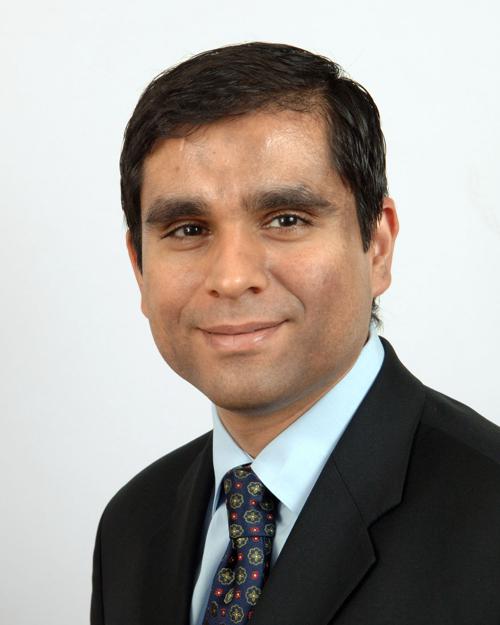When is the Best Time to Eat Breakfast for Lower Blood Pressure?

April 22, 2025
Is breakfast really the most important meal of the day? That point may be a matter of opinion, but it’s true that regularly eating a nutritious breakfast can positively impact your health. Our expert Riple Hansalia, M.D., director of Electrophysiology at Jersey Shore University Medical Center, explains when and why to eat breakfast to improve your blood pressure.
If you’re looking for ways to lower your blood pressure or just want to optimize your health overall, the first meal of the day may be a good place to start. Good breakfast habits can lead to positive long-term effects on blood pressure and other health indicators.
Benefits of a Healthy Breakfast
Eating a nutritious breakfast has several positive impacts on overall health, including:
- Regulating blood sugar levels after a typical overnight fast
- Preventing overeating later in the day, which can lower the risk of obesity and metabolic disease
- Increasing energy and exercise readiness
- Reducing cortisol, which promotes lower blood pressure
- Helping your body’s natural sleep-wake cycle
- Reducing insulin resistance, which promotes heart health
Getting the Timing Right
“Consistency matters the most for breakfast timing,” says Dr. Hansalia. “It’s best to eat within one to two hours of waking up.”
By following this routine, you’ll prevent your body from getting stressed and feel less hungry later in the day. This will make it easier to continue choosing healthy foods and portion sizes. Over time, consistently eating this way should naturally reduce your risk of high blood pressure.
What About Intermittent Fasting?
Some popular diets promote eating only during a limited window of time, which can be as small as the duration of one meal each day. This approach, called intermittent fasting, may lead some people to skip breakfast or eat the first meal of the day much later.
“Skipping breakfast increases one’s risk for developing high blood pressure, unhealthy cholesterol levels and diabetes” says Dr. Hansalia.
The link between skipping breakfast and high blood pressure is the stress hormone cortisol. When your body goes too long without food, it can feel stressed. In response, it can raise your cortisol level, which can, in turn, raise your blood pressure.
Heart-Healthy Breakfast Foods
Dr. Hansalia recommends eating a balanced breakfast that includes foods from each of three categories:
- Carbohydrates, such as fruits, vegetables and whole grains
- Proteins, such as eggs and Greek yogurt
- Fats, such as nuts, seeds and avocado
Foods that are high in sodium can temporarily raise blood pressure, so choosing foods with low or moderate sodium is healthier for your heart.
The most effective way to manage your blood pressure is to achieve a healthy weight, exercise regularly and eat a balanced diet, Dr. Hansalia adds. “These three pillars of lowering blood pressure have been proven time and time again.”
Next Steps & Resources:
- Meet our source: Riple Hansalia, M.D.
- Make an appointment with an electrophysiologist near you or call 800-822-8905.
- Learn more about heart care at Hackensack Meridian Health.
The material provided through HealthU is intended to be used as general information only and should not replace the advice of your physician. Always consult your physician for individual care.







